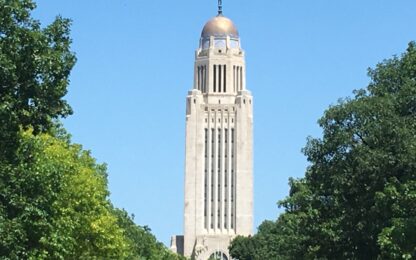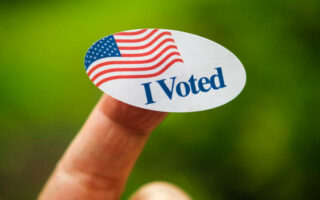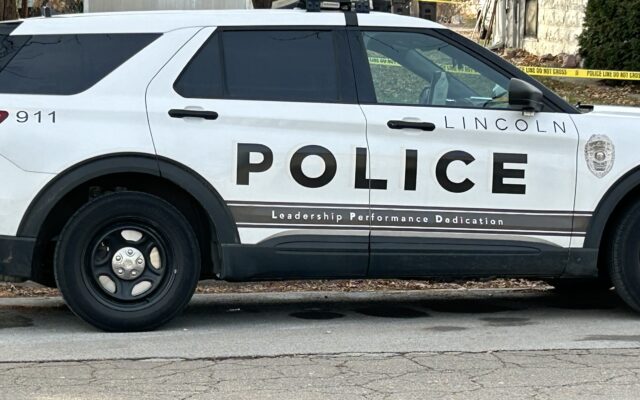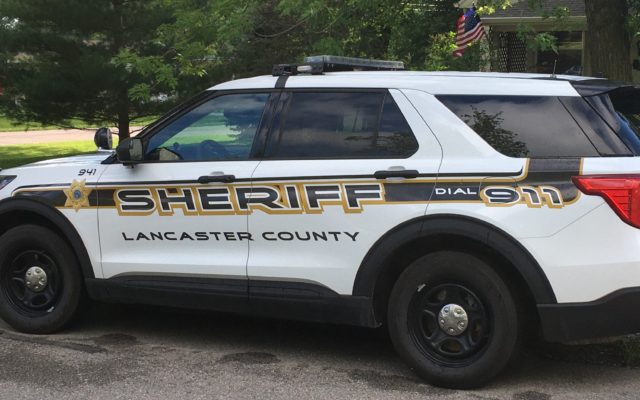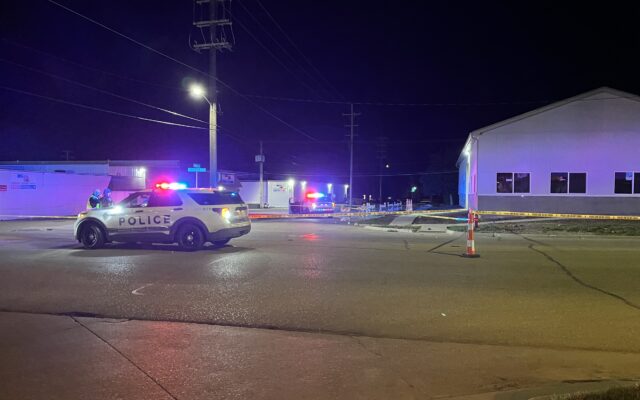Ricketts: Limit state spending, but OK to use pandemic cash
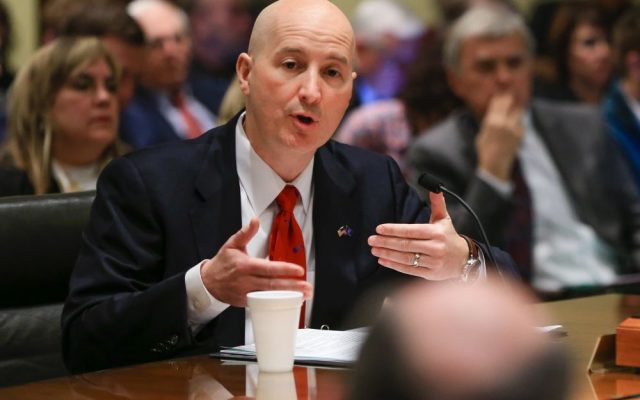
LINCOLN, Neb. (Jan. 9, 2021 – AP) — Gov. Pete Ricketts will unveil a state budget proposal Thursday much like the other frugal spending plans he has introduced over the years, but this time he’ll have an extra $1 billion from the federal government to spend and plenty of people who want a cut.
The Republican governor said he’s OK using the federal pandemic money on one-time expenses, such as infrastructure and water projects, but he doesn’t support a big bump in spending state tax dollars.
“I want to set that expectation for everybody,” Ricketts said in an Associated Press interview, as he prepared for the final session of his tenure. “Don’t be thinking you’re going to come in here and spend a bunch of money. We’re not.”
Nebraska’s current two-year state budget is projected to grow by an average of 1.8% annually, to around $9.78 billion by June 2023, according to the Legislative Fiscal Office. That increase is lower than the long-term average, which has traditionally been closer to 4%. Ricketts said he expects to “fine-tune” that current budget to account for new requests for state agencies, but will oppose large spending increases.
Ricketts gave few specifics about his priorities for this year’s session, but said he plans to focus on tax cuts, public safety, investments in the state’s natural resources and the $1.04 billion in federal pandemic money. Federal law prohibits state from using its pandemic assistance money for tax cuts, but many Republican-led states, including neighboring Iowa, have announced intentions to lower taxes using their own revenues.
And in November, a federal judge barred the U.S. Treasury from enforcing a provision of the American Rescue Plan Act that prohibited states from using their pandemic relief money to offset new tax cuts. The law steered $195 billion in flexible relief funds to states but specified that states could not use it as a means to cut taxes by using the federal relief dollars to offset their revenue losses.
Ricketts said he also will continue his push for limits on how much local governments can collect in property taxes, a move that’s endorsed by conservative taxpayer groups but certain to draw fierce opposition from Nebraska’s K-12 public schools, the biggest consumer of property tax dollars.
“There’s going to be a number of things that we want to continue to build on with regard to tax relief,” Ricketts said.
Ricketts said he will present lawmakers with two budget plans, one for routine government spending from the state’s general fund and one with recommendations on how to spend the $1.04 billion from the federal American Rescue Plan Act.

